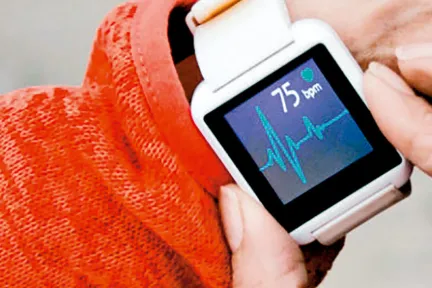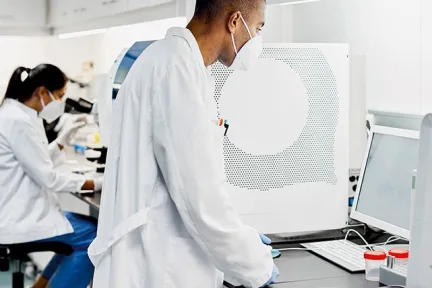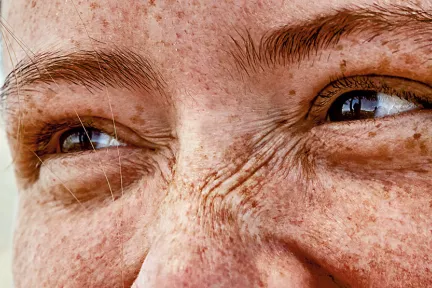Virtual twin of healthcare
Just as there was a time before and a time after the Boeing 777, there will be a time before and a time after the virtual twin of the human body.
2020 and the COVID-19 crisis proved the wisdom of Dassault Systèmes’ acquisition of Medidata, which was completed in late 2019. This acquisition – the largest in Dassault Systèmes’ history – fits perfectly with our long-term strategy, at a time when life sciences are undergoing major transformation. The combination of virtual technologies, analytics and artificial intelligence is a powerful tool when seeking to visualize the molecular structure of a virus or to achieve innovation in clinical trials. The patient-centric healthcare model requires a better understanding of the human body’s complexity, from DNA to cells, tissue, organs and the organism as a whole.
In addition, surgery is entering the era of digital simulation. The virtual twin of humans is becoming a reality to help prepare for procedures and design the medical devices that a patient needs – make in order to prevent illness, provide care, target treatments and repair damage where necessary.
The virtual twin of healthcare to help people live healthier lives
Throughout 2020 and all around the world, we saw healthcare systems come under enormous pressure. The COVID-19 crisis also showed us how much virtual twins have revolutionized the whole sector, from carrying out research to caring for patients.
The life sciences industry's response was unprecedented. It worked in a collaborative and rapidly adaptable way, which is why it was possible to produce vaccines in only nine months, whereas it usually takes 15 years. 2020 was also the year in which Bernard Charlès revealed our ambition of moving “from things to life”. What difference is there between a manufactured object and life? Life is not made up of spare parts, it cannot be standardized, it’s personalized by its very nature.
In healthcare, it’s crucial to have a relevant model, calibrated by real-world data. Because to understand the human body, whether it’s in good or poor health, we need to bring together a set of very different scientific and medical disciplines, taking a holistic approach to individuals, their experience and their context.
Our aim is to get all of these disciplines working together, so that we can visualize, understand, test, and predict what cannot be seen – from the way drugs affect a disease to surgical outcomes – before a patient is treated. We want to improve the patient’s overall experience, and this is made possible by the Dassault Systèmes and Medidata innovation platform, the only business and science-based platform to power the innovation cycle end-to-end.
With the 3DEXPERIENCE platform, our aim is to serve the whole healthcare ecosystem. Together, we are bringing together knowledge and know-how, we are disseminating medical best practice, we are visualizing and predicting responses to particular treatments and interventions.
Naturally, patients are central to this vision and so we must address matters of trust, ethics and personal data protection. With the combined power of brands such as MEDIDATA (which is involved in 60% of the world’s COVID-19-related clinical trials), BIOVIA, SIMULIA, CATIA, SOLIDWORKS, DELMIA and NETVIBES, we are powering access to vaccines and therapies all around the world, for everyone.
To deal with future crises, however, the industry needs to become more agile. We have a wonderful opportunity to transform it: in the world of precision medicine, the patient is at the center and every aspect – from how a therapy is designed to how it’s administered – must be reconsidered. Current systems are not set up to deal with the complexity of the production process, or the need to make adjustments very rapidly.
Dassault Systèmes’ 4,000 life sciences and healthcare professionals are united in pursuit of that objective, and have the unique advantage of being able to combine the power of virtual worlds – using modeling and simulation technologies – with advanced analytics and data (clinical & real-world). Just as there was a time before and a time after the Boeing 777, there will be a time before and a time after the virtual twin of the human body.
Tarek SHERIF, Co-founder and co-CEO, Medidata, Chairman of the Life Sciences & Healthcare Board
The way we provide knowledge to practitioners will be influenced by the quality of the data, greater engagement and artificial intelligence.






